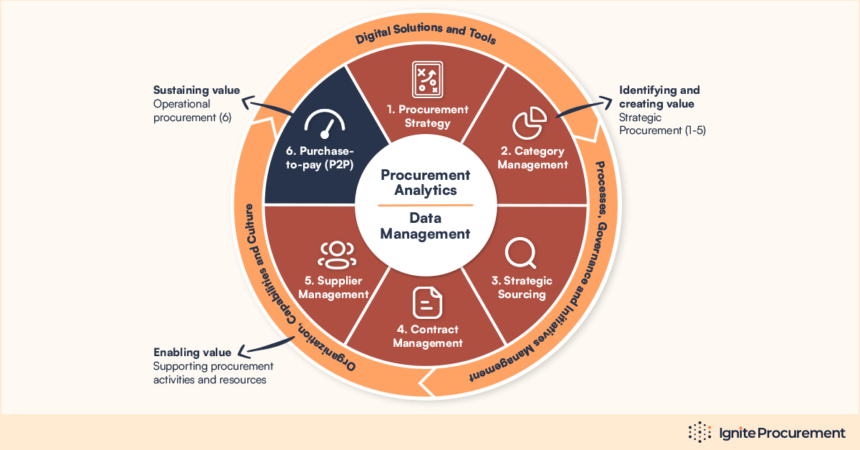In the world of business, the certainty provided by legally binding documents is not just comforting but essential for risk management and operational stability. A purchase agreement stands out as one of these critical documents, particularly when it comes to buying or selling goods and services on a substantial scale. This comprehensive guide explores how a purchase agreement can safeguard interests, clarify expectations, and underscore the importance of meticulous contract details in business transactions.
Foundation and Functionality of Purchase Agreements
A purchase agreement is a contract that outlines the terms and conditions under which business transactions occur. It details the rights and obligations of each party, ensuring there is mutual understanding and agreement on aspects such as price, quality, quantity, delivery, and responsibilities related to the products or services being traded.
Key Elements of a Purchase Agreement:
- Identification of Parties: Names and details of all involved entities.
- Description of Goods/Services: Detailed specifics of the transaction central to the agreement.
- Financial Terms: Price, payment schedules, and conditions.
- Delivery Specifications: Timelines and logistics of delivery.
- Legal Provisions: Warranties, indemnities, and dispute resolution mechanisms.
- Signature Area: Official endorsements by respective party representatives.
Benefits of Utilizing a Purchase Agreement
Risk Mitigation:
A well-drafted purchase agreement reduces the potential for disputes by clearly laying out the terms of the transaction. It specifies what each party is responsible for, thereby minimizing misunderstandings that could lead to legal conflict.
Legal Protection:
In the event of a disagreement, a purchase agreement serves as a legal document that can be presented in court. The specificity of the terms outlined protects both buyers and sellers by ensuring that all parties adhere to agreed-upon standards and conditions.
Enhanced Clarity and Consistency:
This document eliminates ambiguities by detailing the transaction’s specifics, including the scope of work, delivery expectations, and quality standards. Such clarity ensures all parties are aligned, which helps in maintaining consistent business relationships.
Facilitates Financing:
For transactions involving large sums, a purchase agreement can facilitate the approval process for financing. Financial institutions often require detailed contracts before releasing funds to finance business deals, making these agreements instrumental in securing necessary capital.
Strategic Advantages in Various Sectors
Real Estate Transactions:
In real estate, purchase agreements are indispensable. They not only specify the property, price, and payment terms but also include necessary disclosures, property condition warranties, and contingency clauses, which can protect significant capital investments.
Manufacturing and Supply Chains:
Manufacturers and suppliers rely on these agreements to define supply quantities, quality requirements, and price points, which are crucial for inventory management and budgeting. They ensure a steady flow of components necessary for uninterrupted production.
Service Industry:
For services ranging from consulting to construction, purchase agreements clarify project scopes, timelines, milestone payments, and standards for deliverable acceptance. This precision is crucial for managing client expectations and project timelines.
Implementing Effective Purchase Agreements
Consult Legal Experts:
Given the complexities and legal implications of purchase agreements, consulting with legal professionals who can provide tailored advice based on the specificities of the industry and transaction type is advisable. This step ensures that the agreement is not only comprehensive but also compliant with relevant laws and regulations.
Regular Reviews and Updates:
Business needs and legal frameworks evolve, necessitating regular reviews of existing agreements to ensure they remain relevant and effective. This practice helps identify areas for improvement based on past experiences and changing legal requirements.
Training and Awareness:
Educating staff involved in drafting, negotiating, and executing purchase agreements about key legal concepts and common pitfalls can reduce errors and improve the quality of agreements formed. Regular training sessions can enhance the skills necessary for creating and managing contracts effectively.
Conclusion
Purchase agreements are more than just formalities; they are foundational tools that enhance transaction security, provide legal safeguards, and foster professional relationships through clear communication. They are critical in outlining the expectations and responsibilities of all parties involved, ensuring that business operations proceed smoothly and disputes are minimized. In the dynamic landscape of commerce, understanding and utilizing detailed purchase agreements is not merely beneficial—it is essential for ensuring business stability and success.


